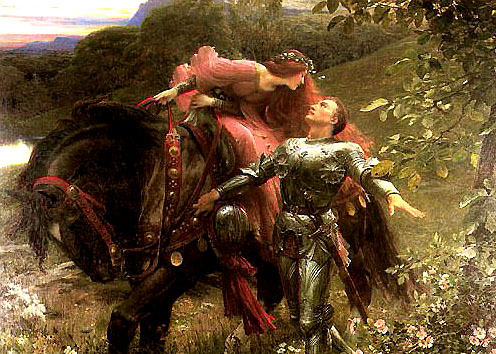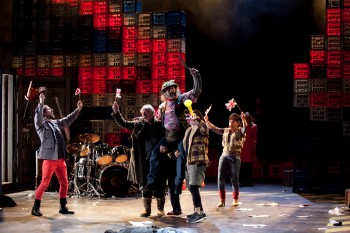 |
| La Belle Dame Sans Merci by Frank Dicksee |
 |
| Image by Alan Lee |
- King Arthur and the Knights of the Round Table by Roger Lancelyn Green - I loved his account which I read as a child, and this was probably the version that first set me on the Arthurian Way. He is also to thank for my interest in Robin Hood and Greek and Norse mythology.
- The Once and Future King by T.H. White - including The Sword and the Stone, this tetralogy had a profound influence on me (and Disney, as it turned out). I loved the writing and the illustrations by Alan Lee.
- Le Morte D'Arthur by Sir Thomas Malory - one of the strongest bases of the stories as we know them and a firm foundation of my dissertation.
- The Merlin Trilogy by Mary Stewart - comprised of The Crystal Cave, The Hollow Hills and The Last Enchantment, this is an interesting view of events placing all of the power in the hands of the magician in the times after the Romans had just left Britain.
- A Connecticut Yankee in King Arthur's Court by Mark Twain - I liked the time travel and courtly elements and the trope of hindsight and engineering making the time traveller the smartest person in the room, but it proved to me that Americans don't understand tradition and so mock it instead.





.jpg)